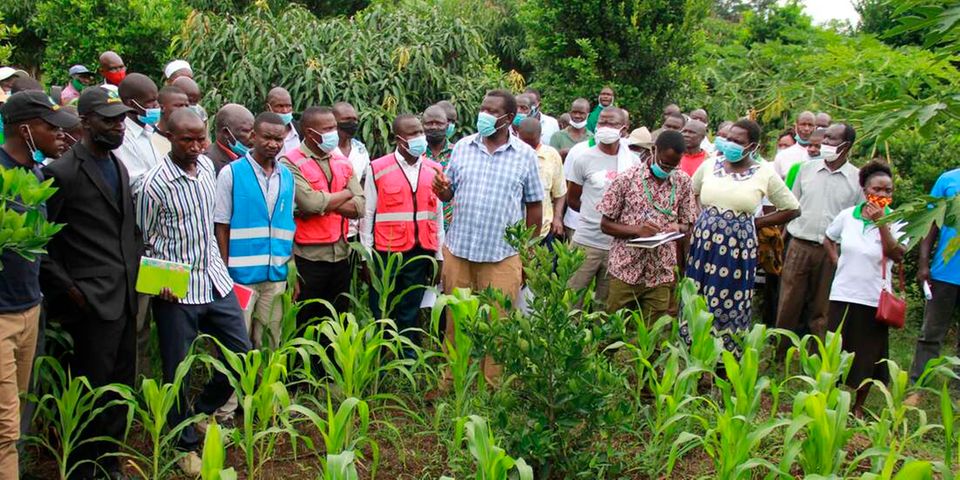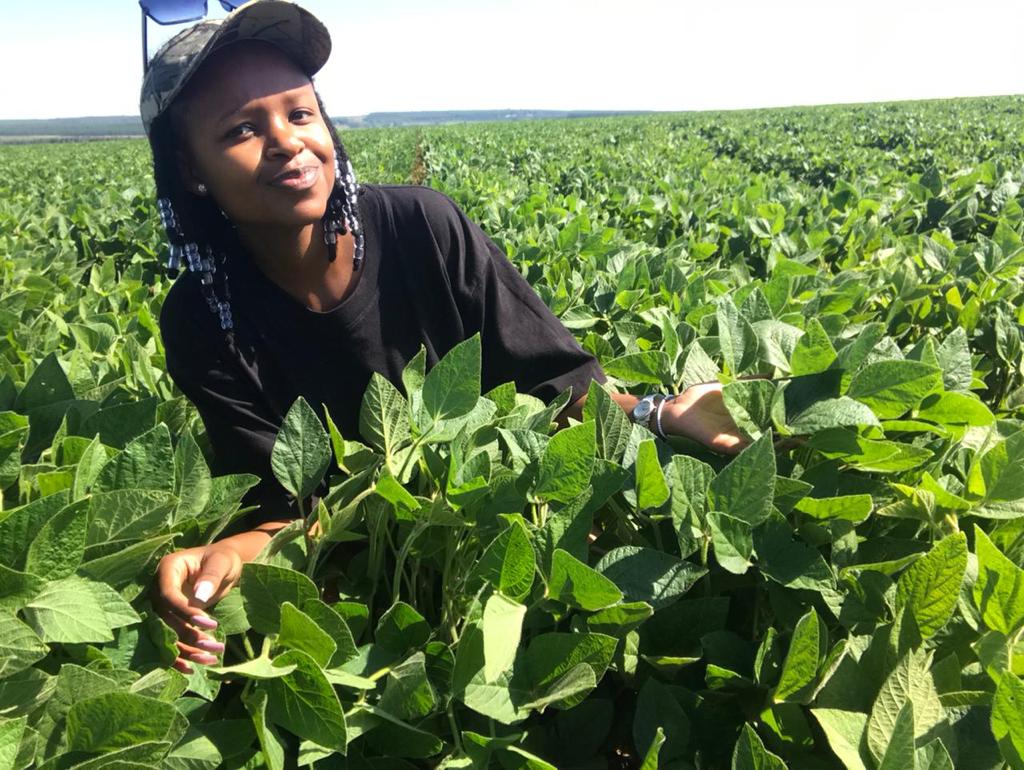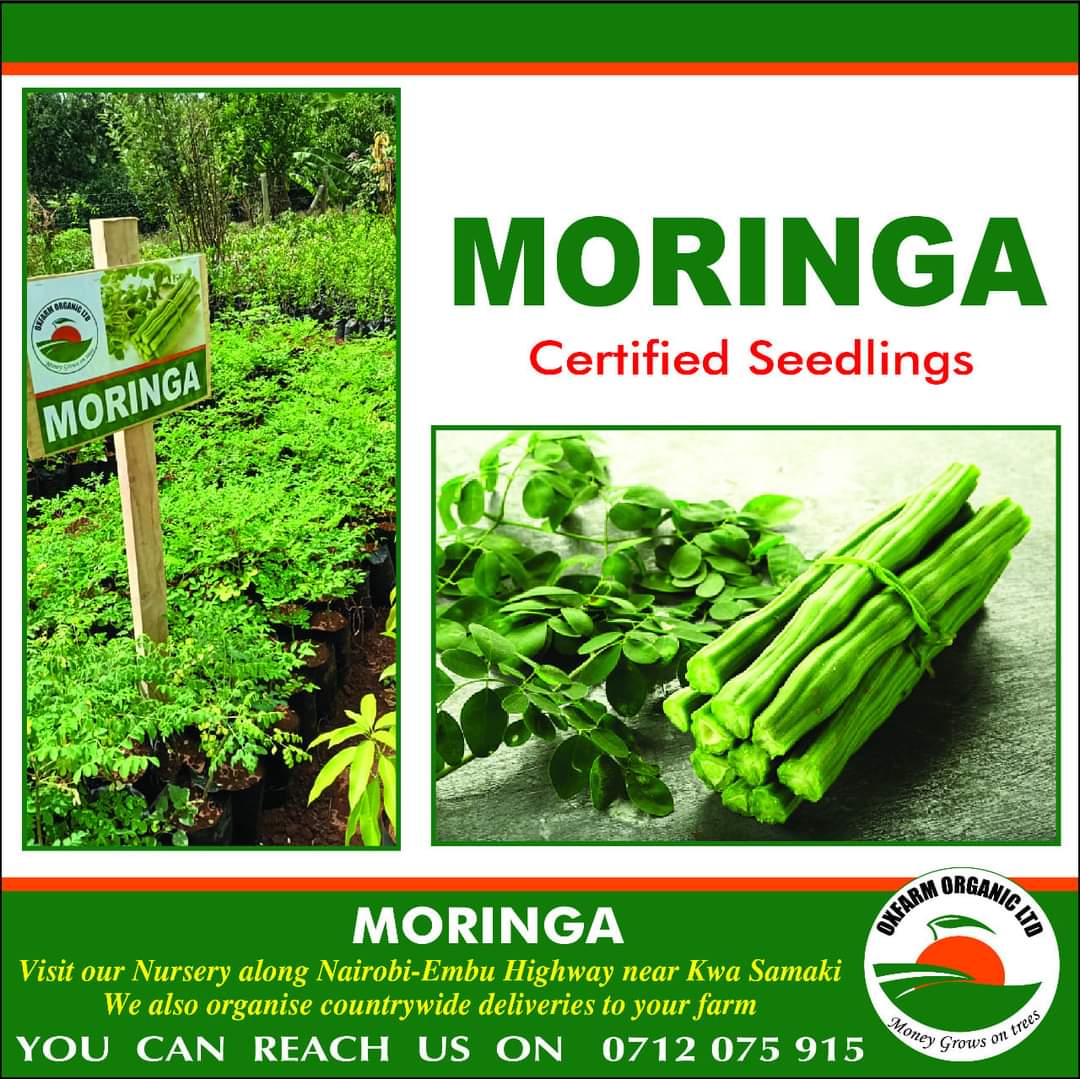It is 5.30am at the home of Homa Bay Agriculture, Livestock and Fisheries Executive Aguko Juma in God Jope village, Lambwe ward.
The 58-year-old is already at his farm checking on crops before preparing for the day’s activities at the office in Homa Bay town by 8am.
Juma spends up to an hour every morning and evening on his 10-acre farm that has 37 types of fruits, including apples and passion.
He also grows coffee and macadamia, crops not usually associated with the region.
Lamwbe is hot and receives very little rainfall, making horticulture a major challenge to residents. A majority of locals only grow maize and beans every year.
For many, harvest reduces every season because of severe weather patterns and climate change.
Tsetseflies have also affected livestock production yet residents rely on oxen to plough their lands. For Juma, however, trial and error paid dividends.
“I experiment on different types of crops. Neighbours once told me that some of the fruit trees I intended to plant would not survive. Nothing is impossible, especially in these challenging times,” Juma says.
The county executive practises organic farming to reduce costs as he does not need to buy inputs.
Juma’s main source of income from his farming is fruit production.
“Twenty per cent of what I get from the land goes to production, my four employees’ salaries and other expenses,” he says.
The farm has 120 avocado trees, 51 banana stems, more than 200 orange plants, mango trees, pawpaw and others.
He even grows multiple varieties of the same fruits.
“Pawpaws alone can fetch Sh800 daily. The orange is the most profitable fruit on the farm,” Juma says.
To ensure the fruits mature and are harvested for sale, he lets birds feed on ripe pawpaws that are high up the tree. In doing this, the other fruits are spared.
“Birds are our main pests but we have known how to live with them,” Juma says.
Every space available on the farm is made to good use.
He grows beans between the rows of fruit plants. Other spaces have maize.
Juma says the beans help in nitrogen fixation and retention of water.
“Beans are cover crops. They prevent soil erosion and excess evaporation. This is besides providing food,” he says.
Food security
Locals and others visit the farm to buy fruits. Pumpkins are mainly bought by aid agencies which use them in their nutrition programmes.
Papaya, bananas and mangoes are popular with local women who later sell them.
“Oranges, tangerine and lime are sold to individuals and organisations outside Homa Bay county where demand is high. I am still looking for passion fruit buyers,” Juma says.
The morning inspection of the farm includes Juma eating fresh fruits.
The Agriculture executive’s main objective is to lead by example and make Homa Bay county food secure.
The morning and evening farm engagements were not part of his daily routine five years ago. Juma contested the Lambwe Ward Representative seat in 2017 “to advocate for farmers’ rights and welfare”.
He lost the election, but that did not kill his spirit of transforming agriculture in Homa Bay.
When Governor Cyprian Awiti was re-elected, Juma applied for the position of water executive but was appointed to head the agriculture docket.
He recently hosted the 2021 World Food Day at his home, inviting up to 300 farmers’ representatives and organisations dealing in agriculture appliances.
Drought and floods
The theme of the World Food Day was “Our Actions are our Future: Better Production, Better Nutrition, a Better Environment and a Better Life”.
Juma’s farm is an example of how human actions can determine the future. He has 700 coffee bushes. The crop naturally does well in cool environments.
During our visit, the coffee planted last year was about a metre high and had begun flowering.
“We will not pluck the beans from the field because of the coming dry season. I want to be the first farmer from Lambwe to export coffee,” Juma says.
Juma called for suitability in agriculture during the celebrations.
Homa Bay, a county with a million residents, suffers from drought and floods every year. Its residents rely on food aid at some point in the year.
Juma says the county has the potential to produce enough food to feed its population and export the surplus.
“Food from the Rift Valley gets up to Nyakwere in Rachuonyo North. The rest of the county relies on locally produced food. We can do more by investing in agriculture,” he says.
Kimira Oluch Smallholder Farm Improvement Project agronomist, Amos Amenya, challenges Homa Bay residents to take the risk of growing crops that many think cannot survive in south Nyanza.




